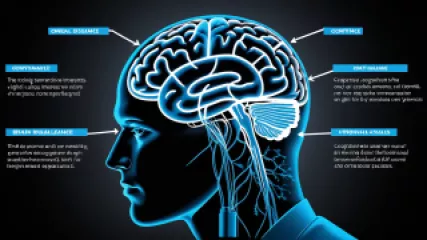What is the Best Way to Manage Cognitive Dissonance?
1 year ago
Cognitive Dissonance
My Journey to Self-Acceptance: Embracing My Authentic Self
1 year ago
Self Acceptance
Overcoming Judgment and Fear: An Interview with Mindfulness Expert
1 year ago
Overcoming Judgment Fear
Mindfulness Activities for Self-Discovery: How Can Mindfulness Help Me?
1 year ago
Mindfulness
Expert Insights: Navigating the Emotional Landscape of Divorce
1 year ago
Dealing with Divorce
My Journey Through Divorce Counseling
1 year ago
Divorce Counseling
How to Resolve Relationship Conflicts: Proven Strategies
1 year ago
Navigating Relationship Conflicts
How to Boost Mental Wellness with Therapeutic Laughter Sessions
1 year ago
Therapeutic Humor
How to Deal with Envy: 5 Effective Strategies
1 year ago
Dealing with Envy
Understanding Attachment Styles: A Research-Based Exploration
1 year ago
Attachment Styles
10 Ways to Foster Psychological Safety at Work
1 year ago
Psychological Safety
How to Stop Procrastination: The Ultimate Guide
1 year ago
Avoiding Procrastination
Exploring Mental Health Challenges in the Diaspora Community
1 year ago
Mental Health in Diaspora
My Journey with Adolescent Counseling: Helping Teens Overcome Challenges
1 year ago
Adolescent Counseling
Lessons from 'Avoidant' Characters: Understanding Your Attachment Style
1 year ago
Attachment Styles














